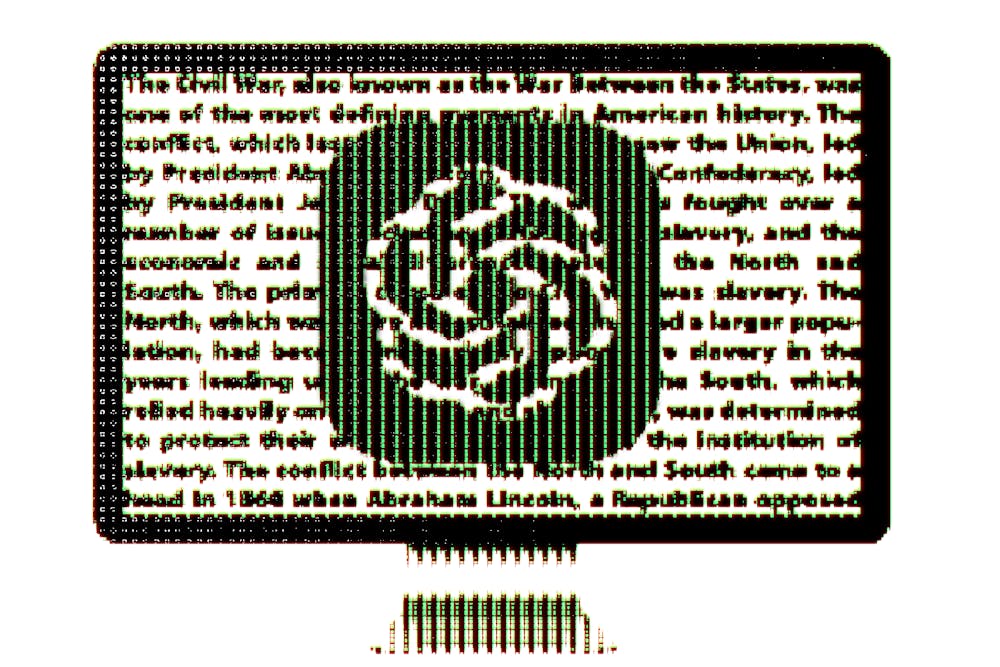If you ask ChatGPT, the popular generative artificial intelligence chatbot, about how students should use it properly, it says it “serves as a learning aid and not a shortcut to the learning process.” If you ask a room full of people though, they probably won't be able to agree on how ChatGPT should fit into education and the classroom.
Currently, the UNC Honor Code does not mention proper conduct around the use of large language models and generative AI. But the University is making efforts toward more clarity, with the UNC Generative AI Committee commissioned to provide guidance and resources.
In the meantime, it seems that AI-related policies have varied across departments and course syllabi. If a policy is outlined, some instructors ask students to disclose their use of AI in submitted work. Others have completely banned its use. This lack of universal policy may confuse students on what is and isn’t appropriate when using AI technology.
A BestColleges survey of 1,000 current undergraduate and graduate students shows that one in five college students have used AI tools like ChatGPT — though 51% of them believe using these tools constitutes cheating or plagiarism.
This has led many educators to examine how students can maintain academic integrity and productive learning.
“I'm concerned that students are going to use it for shortcuts that are going to leave them with fewer skills and lower confidence in their own ability to write code or do problem sets.” William Goldsmith, historian and UNC professor of public policy, said.
AI can be a productive tool for students if used properly; it can be a great resource for checking code or looking for grammar mistakes that the human eye may miss. However, models like ChatGPT are not completely reliable and don’t always provide the most factual information.
We are still early in the process of making AI policies. The most challenging part of this is that what works for one department may not work for another department. This may be why we have seen variation in approaches to its usage.
The ambiguity about generative AI can be compared to the emergence of Wikipedia and calculators.



